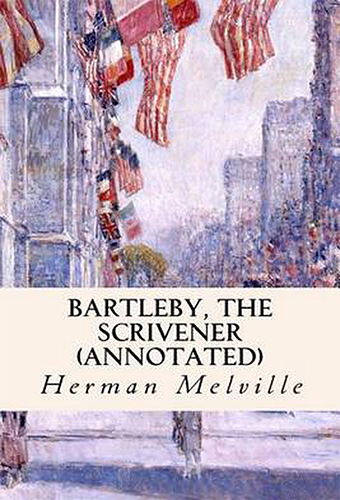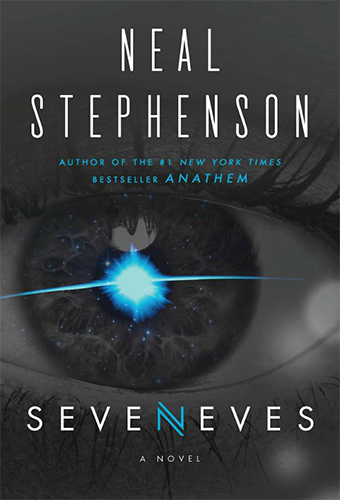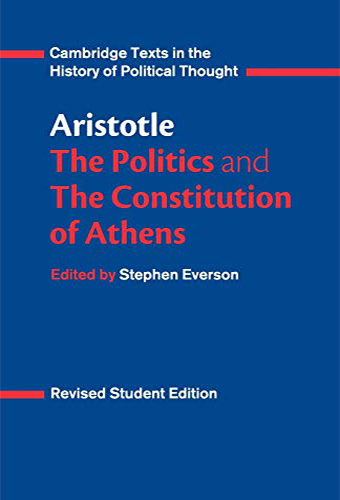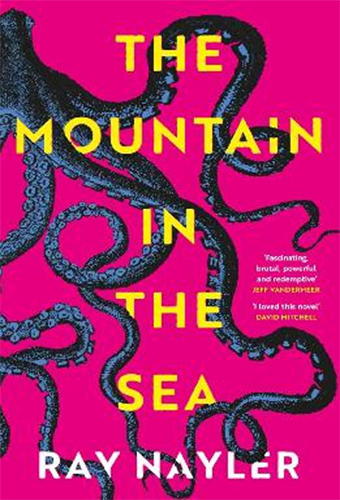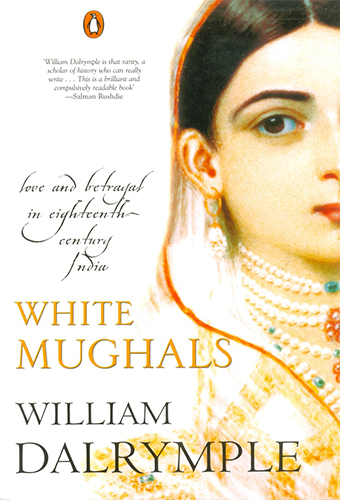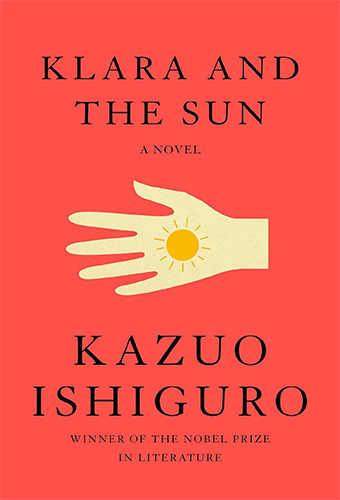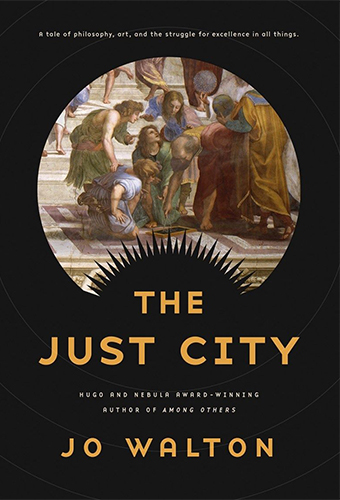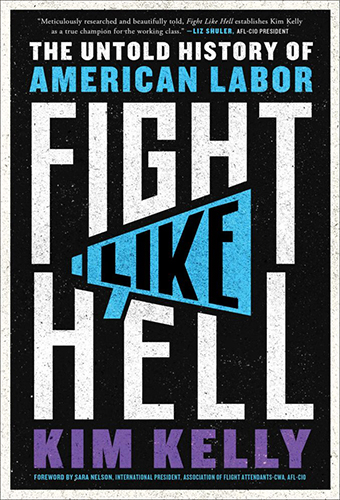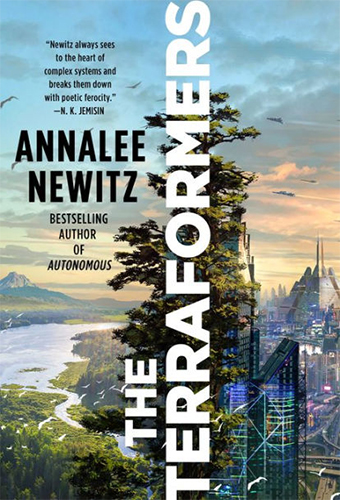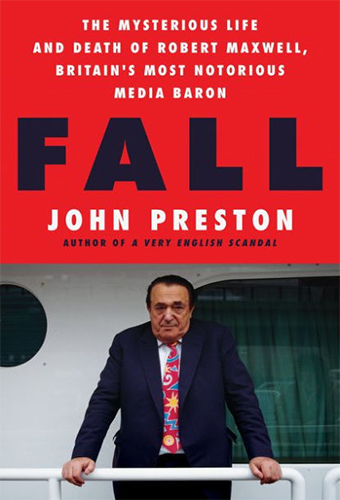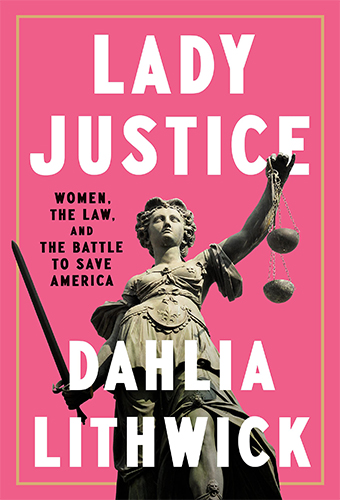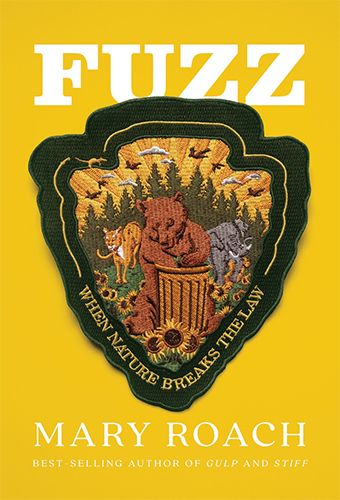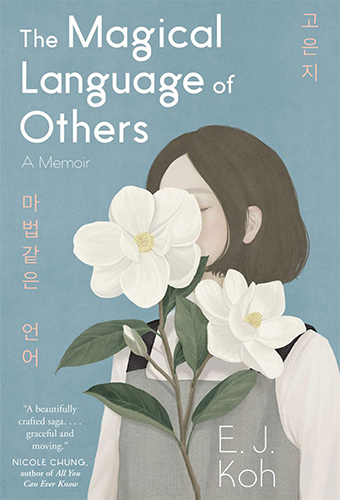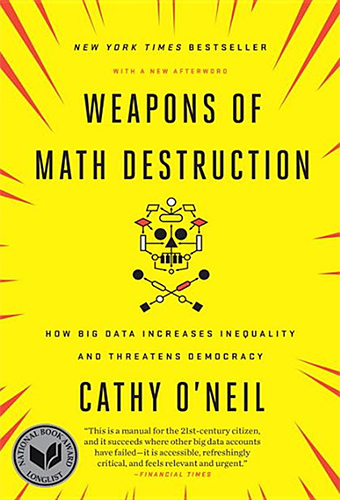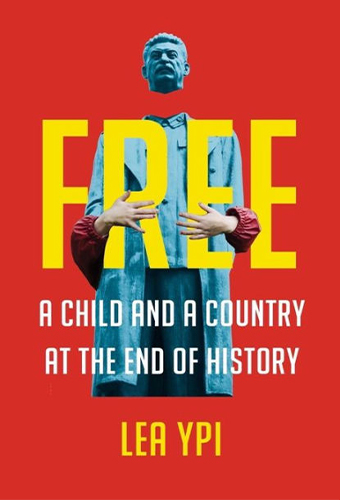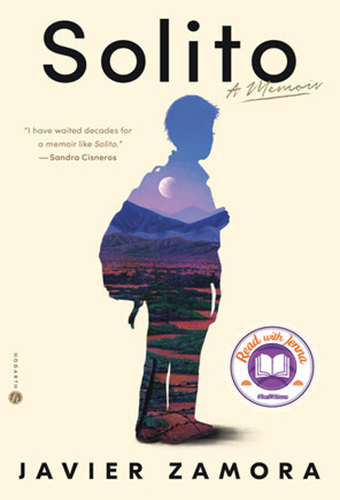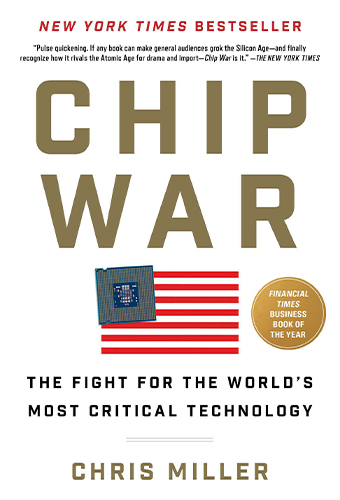
Square Haunting: Five Writers in London Between the Wars
Francesca Wade
In 1928, when Virginia Woolf gave her lectures at Cambridge University titled A Room of One’s Own, Cambridge still did not give degrees to women, and would not until 1948. For women in Britain in the decades between the world wars, forging an independent life, let alone one of the mind, was a daunting challenge and almost impossible to achieve. Yet, a decade later, Woolf was living in London’s Mecklenburgh Square, writing a biography of the painter Roger Fry, with her husband operating a literary press in the basement.
Actually, a number of women, defying societal pressures and the odds, similarly managed to pursue their intellectual ideals in this same leafy, quiet square (which also saw some pretty festive partying). This book is a poignant and beautifully written account of the square hauntings of five of the women who lived there between 1918 and 1945: Woolf, novelist-theologian Dorothy Sayers, poet HD (Hilda Doolittle), economist Eileen Power, and classicist Jane Ellen Harrison. In its bohemian Bloomsbury setting, the residents “lived in squares, painted in circles, loved in triangles,” and this book is a fitting and fascinating tribute to their vibrant and revolutionary pursuit of autonomy, and ideas of their own.
ANN GLUSKER
Librarian for Sociology, Demography, & Research Methods;
Interim Librarian for Public Policy, Anthropology
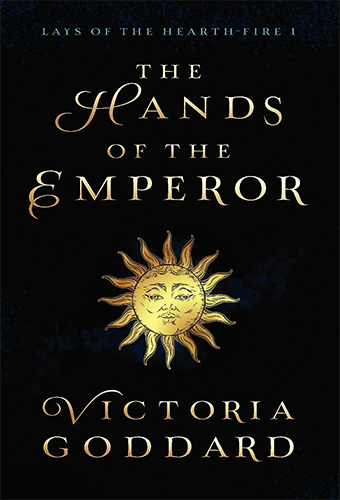
The Hands of the Emperor
Victoria Goddard
In the aftermath of a worlds-shattering magical cataclysm, Cliopher Mdang works tirelessly to reform a bloated and broken bureaucracy into something that serves its people. He works side by side with the god-emperor of the old empire, literally untouchable, whose humanity has been denied for a thousand years. In a story about compassion, identity, and making the world a better place, Cliopher goes against millennia of tradition and taboo to extend a hand in friendship when he invites the Sun-on-Earth to come home with him on holiday. The mere suggestion could see him executed for blasphemy. Instead, it upends the world.
ANITA BROWN
Serials Processing Assistant
Bioscience, Natural Resources, & Public Health Library
